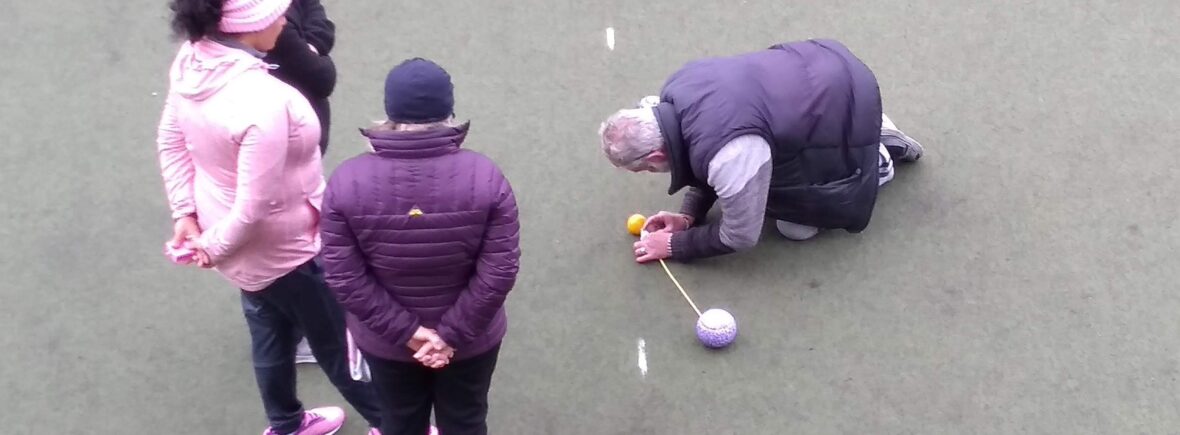The World Bowls Rule Books are available from Auckland Bowls or the Secretary at a cost of $5.00, and are really helpful to those who take a truly close interest in our game.
Here is a summary of a rundown of some of the changes
Handing over the mat: For the first end the winner of the toss, and for ends other than the first, the winner of the proceeding end has the option of playing first. The opponent cannot refuse the mat and playing first. (Law 5.2.2)
Foot faulting: A player should take a stance on the mat with one foot wholly on the mat before delivering a bowl. (Law 7.1) At the moment of delivering the jack or bowl, the player should have part of one foot on or above the mat. (Law 7.1)
Trial Ends: The controlling body may allow trial ends, immediately before or after the scheduled starting time of a game. (Law 5.1)
Improper delivery of the jack: The jack can now be delivered once each single player or lead. It is then placed on the 2 metre mark, with the mat being placed at the option of the first play. (Law 10.3)
Players Positions: Players at the mat end not delivering a bowl should stand at least 1 metre behind the mat. (Law 6.1.1)
Scorecards: The skip will record on the scorecard the time that the game finished and then sign the scorecard. (Law 41.1.7.1)
Absentee Players:
In a team game: The period of grace for the start of a game is set at 30 minutes from the scheduled starting time after which the game should continue but: (Law 93.2.2) the number of bowls played by each defaulting team should be made up by the lead and second playing three bowls each, and one fourth to the total shots scored by each defaulting team should be deducted from their score after the game is finished. (Law 39.2.2.1 to 39.2.2.2)
Note: Up until the commencement of a game a replacement player can be brought into the team’s side or the absent player. A substitute is only allowed if a player is not able to continue because of illness or other reasonable cause. A substitute can only be introduced if both the skips agree, or if the opponents cannot agree, the umpire or controlling body decides that the substitute is necessary. (Law 51.3)

